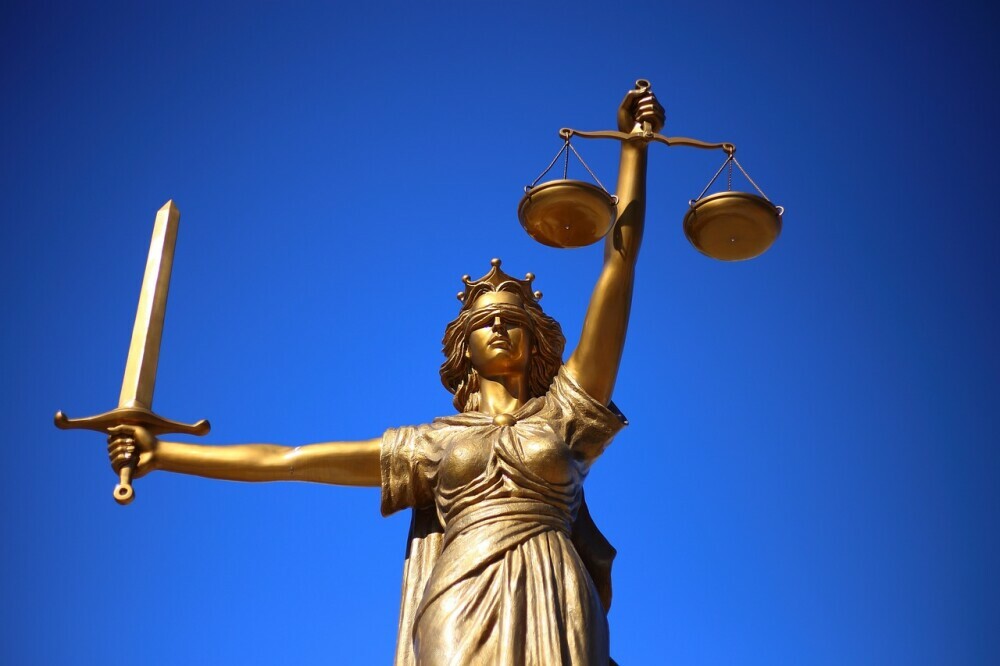In a courtroom, key individuals, including the judge, jury, prosecutor, defense attorney, defendant, witnesses, bailiff, clerk of court, and court reporter, each play essential roles that contribute to the trial process, ensuring a fair examination of evidence and the pursuit of truth.
The Crucial Role of Courtroom Participants in Achieving Justice
In a courtroom during an important case, several key individuals play specific roles. Here’s a list of the important people and their main roles, along with how they relate to each other.
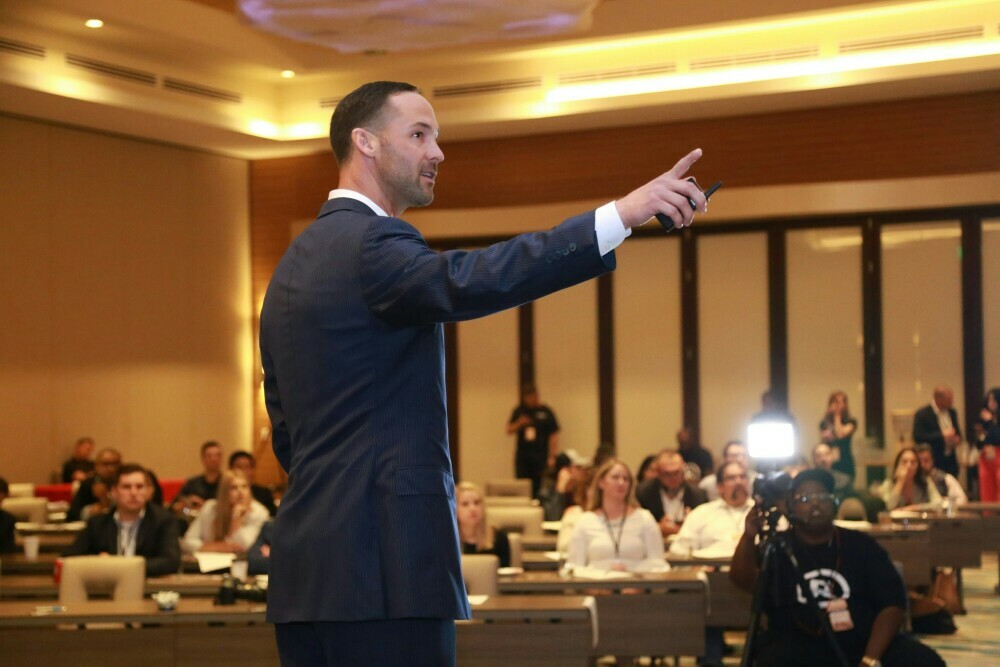
1. Judge
- Role: The judge oversees the courtroom, ensures the law is followed, and makes rulings on legal issues. They also instruct the jury on the law.
- Relation: The judge is the authority figure in the courtroom and maintains order. They interact with all parties, including lawyers, witnesses, and jurors.
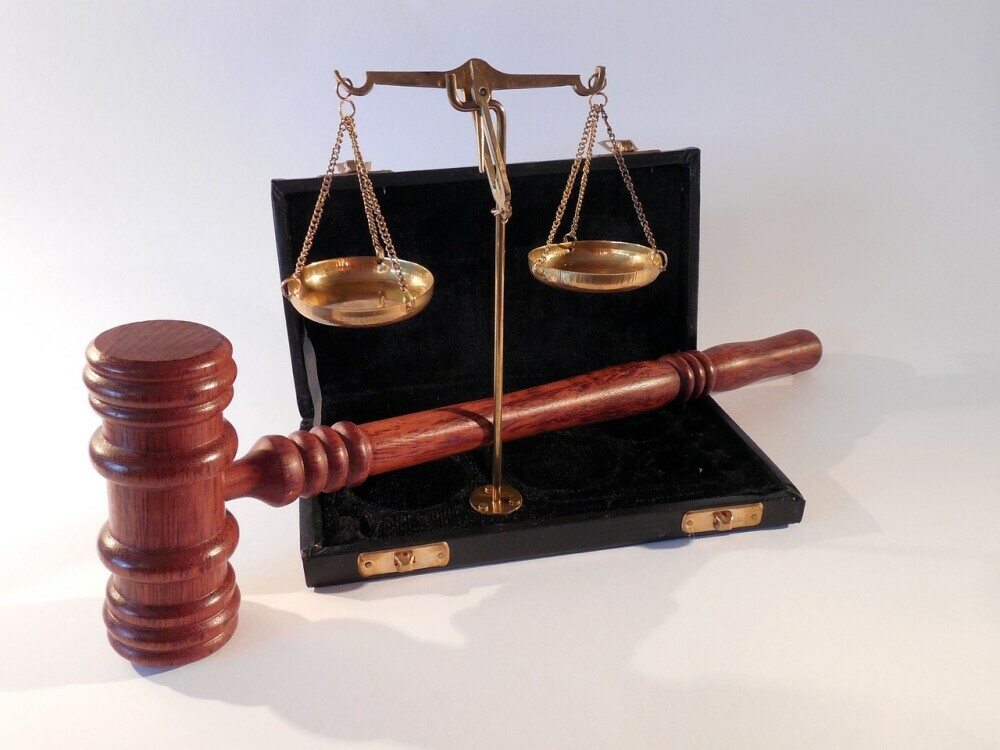
2. Jury
- Role: The jury listens to the evidence presented during the trial and makes a decision (verdict) based on that evidence.
- Relation: The jury is impartial and evaluates the case based on the judge’s instructions. They are separate from the lawyers and the judge but rely on the information presented by them.

3. Prosecutor (or Plaintiff’s Attorney)
Role: The prosecutor represents the government or the party bringing the case. They present evidence and arguments to prove the case against the defendant.
- Relation: The prosecutor interacts with the judge, the jury, and witnesses. They are in opposition to the defense attorney.
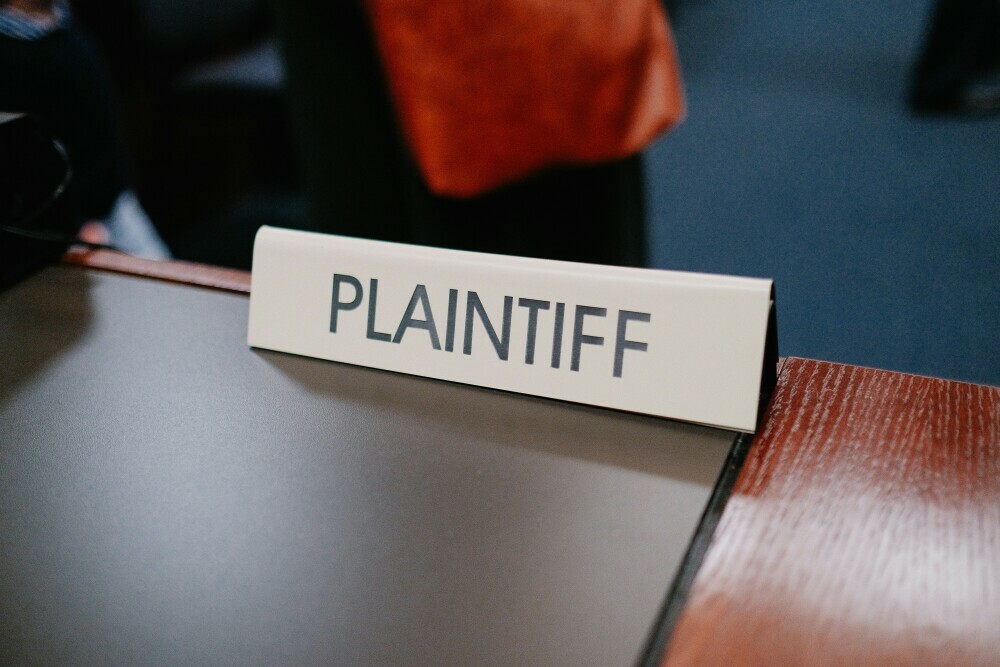
4. Defense Attorney
- Role: The defense attorney represents the accused party (the defendant). They argue against the prosecution’s case and aim to protect the defendant’s rights.
- Relation: The defense attorney works closely with the defendant and interacts with the judge, jury, and prosecutor. They are adversaries to the prosecutor.
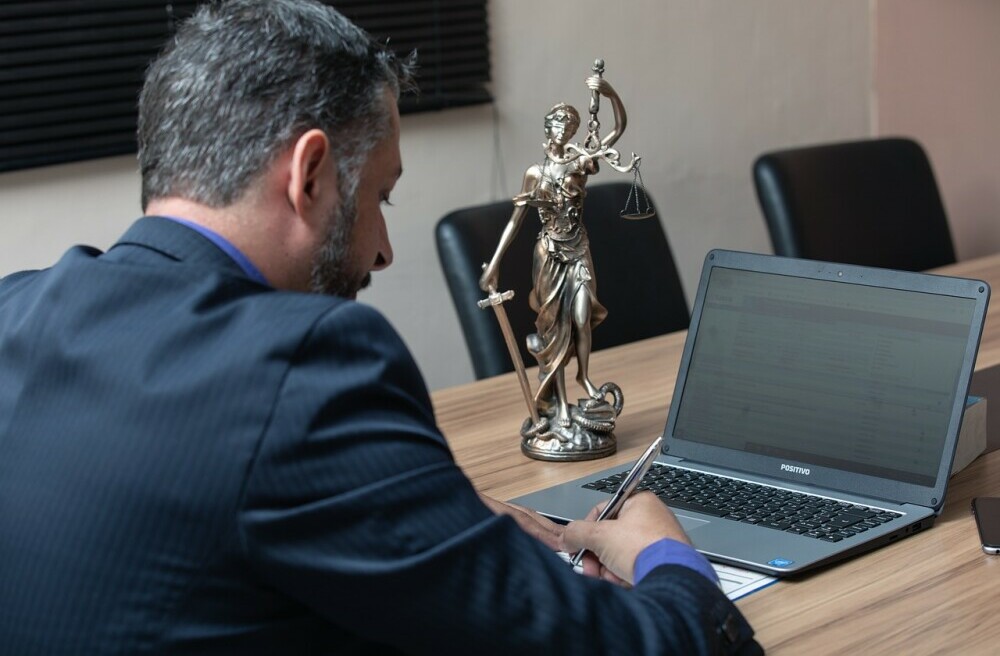
5. Defendant
- Role: The defendant is the person accused of a crime or involved in a civil case. They have the right to defend themselves against the charges.
- Relation: The defendant works with their defense attorney and is present during the trial. They are the focus of the case, and both the prosecution and defense present arguments about their actions.
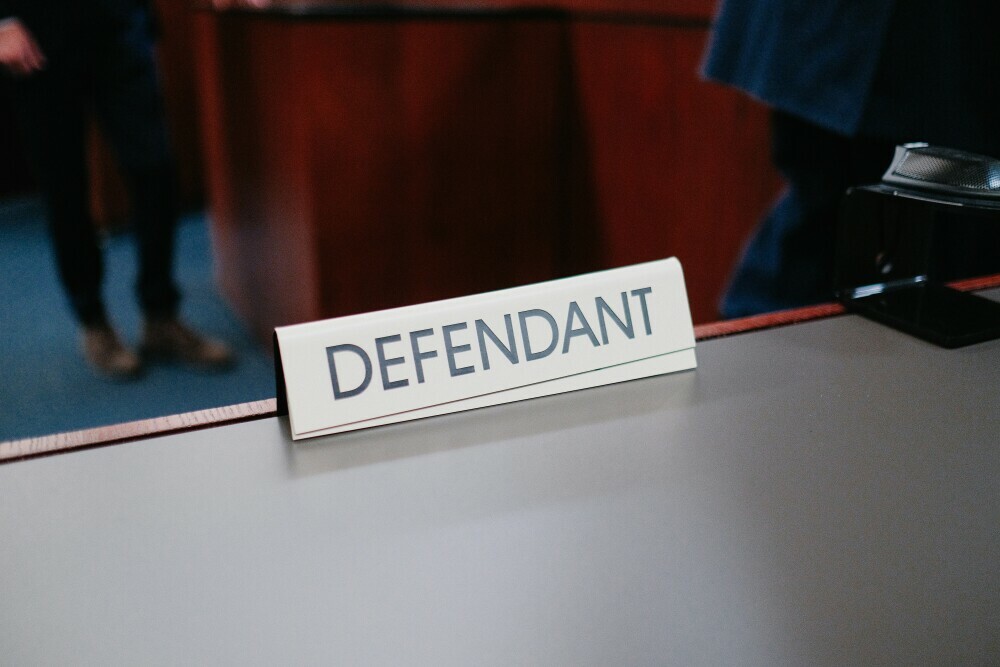
6. Witnesses in a Courtroom
- Role: Witnesses provide testimony about what they know related to the case. They can be called by either the prosecution or the defense.
- Relation: Witnesses interact with both the judge and the attorneys during questioning. Their testimony is crucial for both sides of the case.

7. Court Reporter
- Role: The court reporter records everything said during the trial, creating an official transcript.
- Relation: The court reporter works in the background, listening to all interactions between the judge, attorneys, and witnesses. Their work is essential for maintaining an accurate record of the proceedings.
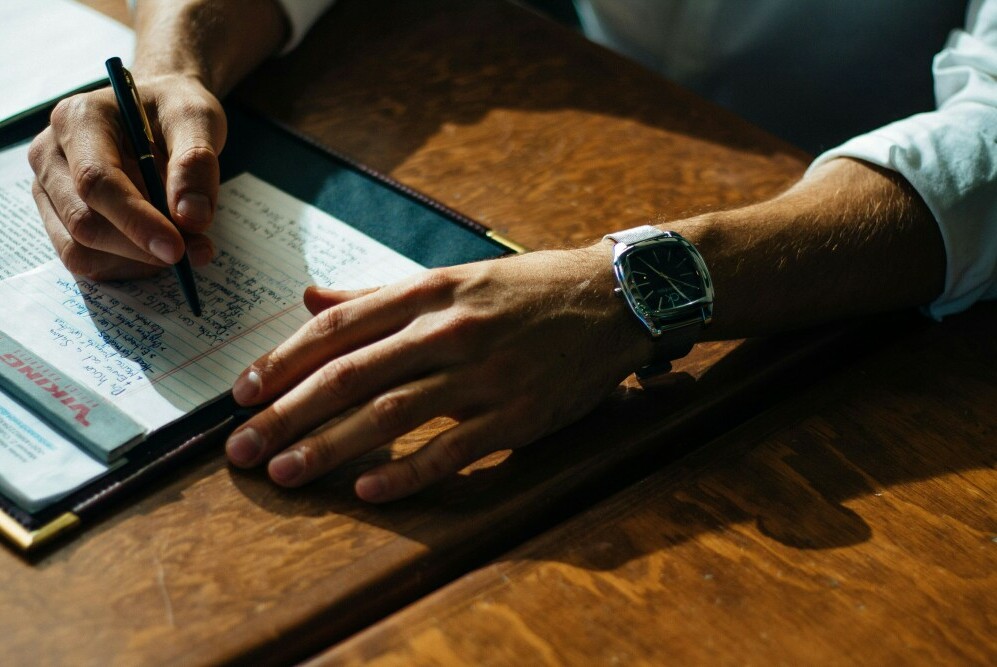
8. Bailiff
- Role: The bailiff maintains order in the courtroom, assists the judge, and ensures the safety of all participants.
- Relation: The bailiff works closely with the judge and may assist in managing the jury and witnesses. They help keep the courtroom running smoothly.
9. Clerk of Court
- Role: The clerk manages court documents, schedules hearings, and assists the judge with administrative tasks.
- Relation: The clerk works closely with the judge and may interact with attorneys to ensure that all necessary paperwork is in order.

Summary of Relationships: In a Courtroom
- The judge is the central authority figure, overseeing the proceedings and ensuring fairness.
- The jury listens to both the prosecutor and defense attorney and makes a decision based on the evidence presented.
- The defendant is the subject of the trial, defended by the defense attorney against the claims made by the prosecutor.
- Witnesses provide information that both the prosecution and defense use to support their cases.
- The court reporter, bailiff, and clerk of court support the judicial process, ensuring that everything runs smoothly and is properly documented.
Each person in the courtroom has a distinct role that contributes to the functioning of the legal process, and their interactions are crucial for reaching a fair verdict.
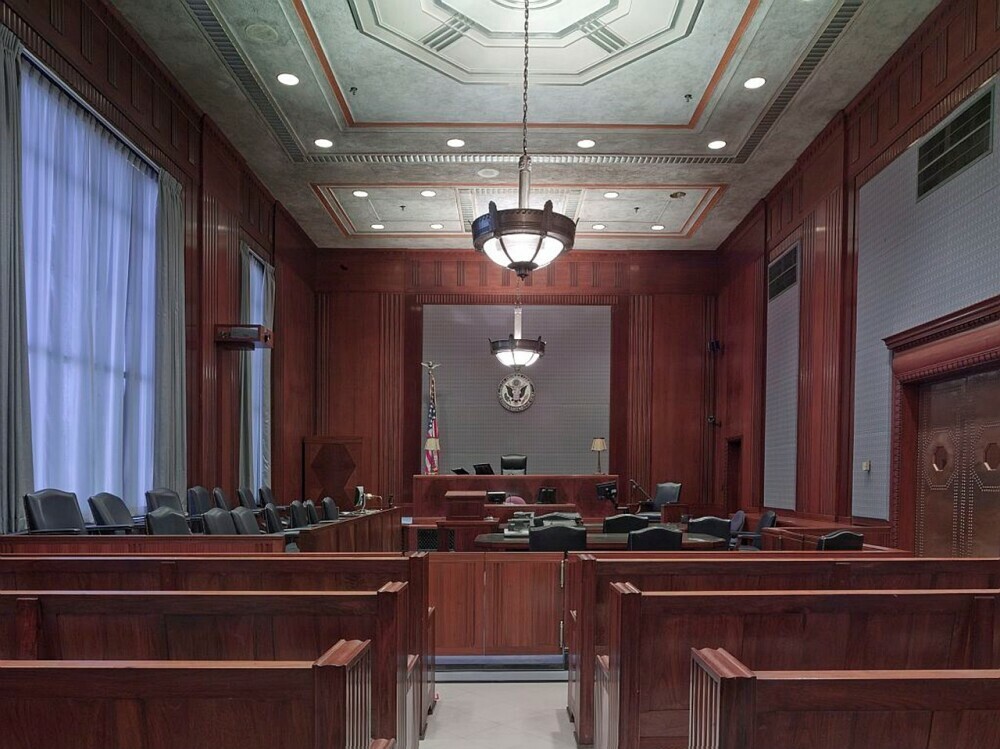
The Main Job of a Witness in a Courtroom
The main role of a witness in a courtroom is to share information that helps explain what happened in a case.
Here are the important roles they play:
- Share Evidence: Witnesses tell what they saw, heard, or know about the case. This helps the judge and jury understand the facts.
- Add Trust: Their testimony can make the arguments of the lawyers more believable, which can influence the trial’s outcome.
- Help Find the Truth: Witnesses help the court discover what really happened by providing their experiences.
- Tell the Truth: Witnesses must take an oath to promise to tell the truth, making sure their statements are serious and legal.
- Be Questioned: Witnesses can be asked questions by both sides in the trial. This helps check if their statements are reliable.
Overall, witnesses are very important in the court system because what they say can have a big impact on the case and its result.
